About Us
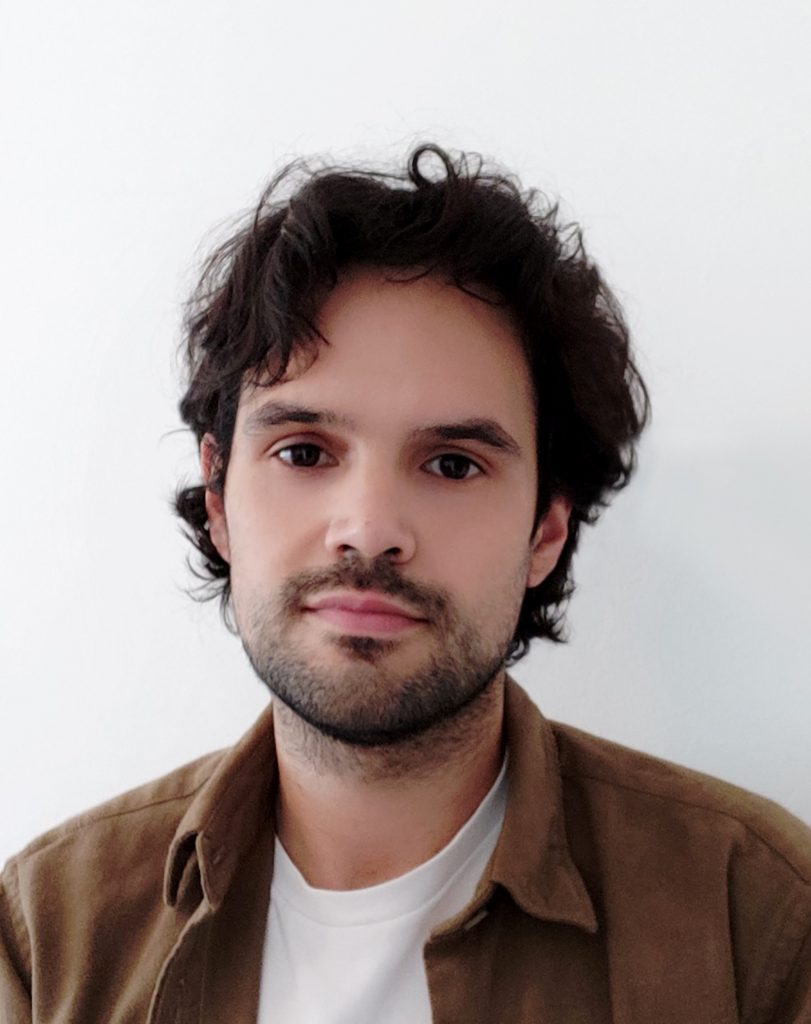
Rafael Mestre
Lecturer (Assistant Professor), PhD, MSc, BSc
Research interests
- Responsible Research and Innovation of emergent technologies
- Multimodal machine learning
- Computational social science
- Biohybrid robotics
Rafael Mestre is a Lecturer (Assistant Professor) at the University of Southampton and a Turing Fellow at the Alan Turing Institute. He is the PI of the Biohybrid Futures project. He did his PhD in Biohybrid Robotics based on skeletal muscle tissue, using techniques ranging from 3D bioprinting and tissue engineering to nanofabrication. After having been exposed to the development of numerous technologies, he switched to the socio-technical evaluation of emerging tech from biohybrid robotics to AI and smart cities, focusing on their social, ethical, and policy implications. His interdisciplinary research combines science and technology studies, computer science, and political science, among others, through mixed methods. He also serves as co-director of the Centre for Democratic Futures and Ethics & Governance lead at the Centre for Robotics at UoS.
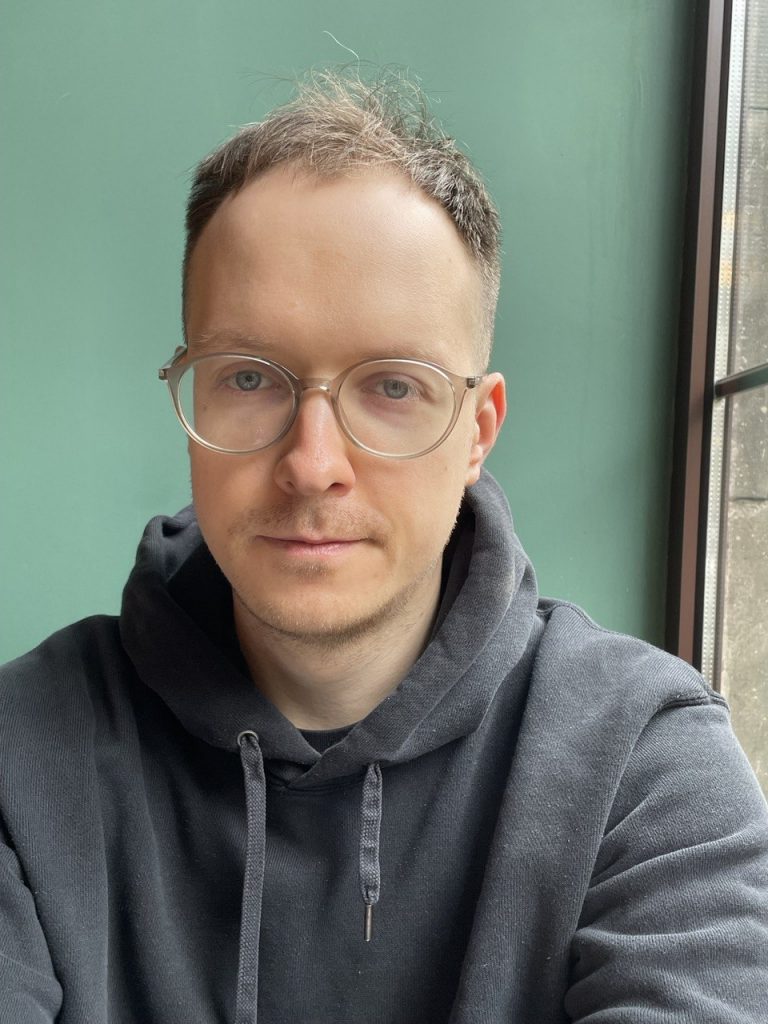
Sergey Astakhov
Research Fellow, PhD, MA in sociology
Research interests
- Sociology of biohybrid robotics and AI
- Mixed methods
- Science and technology studies
Sergey Astakhov is a Research Fellow in Society and Technology at the University of Southampton. In his PhD thesis, Sergey explored the conceptual inconsistencies and paradoxes in actor-network theory. In recent years, he has been studying the professional discourses of climate scientists and AI theorists. His research interests lie at the intersection of philosophy of science and science and technology studies, with a focus on the performative effects of academic knowledge. As a researcher in the Biohybrid Futures project, he examines how experts, policymakers, and the public perceive biohybrid robots.
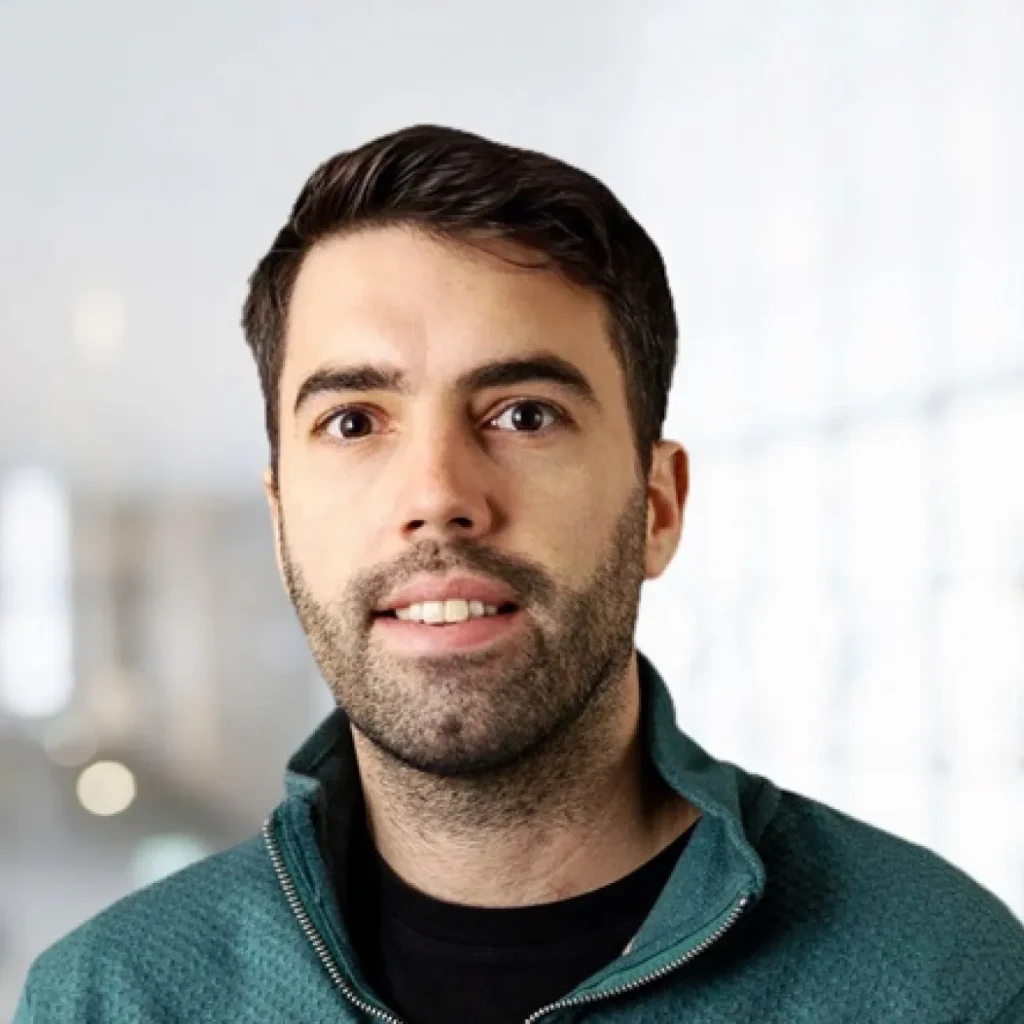
Matt Ryan
Associate Professor, PhD
Research interests
- Democracy
- Social Research Methods
- Web Science
Matt Ryan is an Associate Professor in Governance and Public Policy at the University of Southampton. He leads the UKRI-funded Rebooting Democracy project, focusing on innovations in public participation that restore and sustain democracy. His interdisciplinary research explores how and when citizens can, should, and will take part in collective decisions, with a strong emphasis on innovative research methods. Dr. Ryan is Policy Director at the Web Science Institute, where he applies socio-technical expertise to understand the development of the Web and its impact on democratic processes.
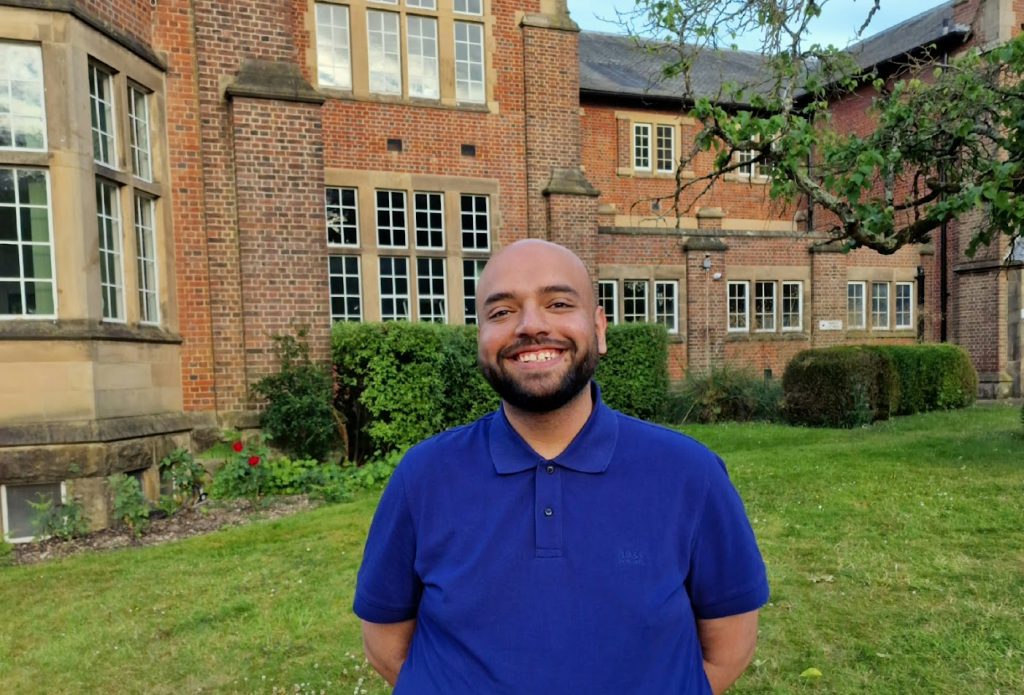
Abdul Afzal
Public Policy Associate, PhD student in Theoretical Physics
Research interests
- Foundations of Quantum Mechanics
- Ontic Structural Realism
- Gravity from Entanglement and Emergent Spacetimes
- Bioethics
Abdul Afzal is a PhD student in Theoretical Physics and works part-time as a lecturer for School of Physics and Astronomy at the University of Southampton. His research work focuses on thinking about how space and time might emerge out of more fundamental quantum mechanical structure (Hilbert space). His work is interdisciplinary and lies at the intersection of quantum foundations and philosophy of physics. He also moonlights as policy associate for the Biohybrid Futures project. Outside of academia, Abdul is passionate about physics outreach and likes to engage with lay audiences on issues of fundamental physics. In his free time, Abdul enjoys reading both fiction and non-fiction books, listening to music, contemplating world domination, and pretending to be a philosopher to annoy those around him.
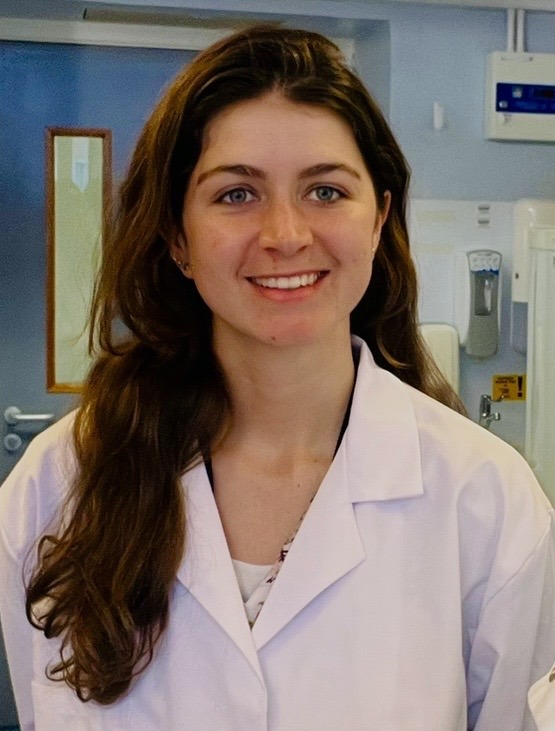
India Cook
Public Policy Associate, PhD student in Nanotechnology for Healthcare
Research interests
- Novel Drug Delivery Mechanisms
- Interdisciplinary Nanotechnology Applications in Healthcare
- Public Policy on Emerging Technologies
India is a PhD student in the school of Physics and Astronomy at the University of Southampton, researching nanotechnology for application in healthcare. The primary focus of India’s work is the development of antimicrobial nanomaterials to combat the rise of antibiotic resistant infectious diseases. She is also engaged in projects working on novel drug delivery mechanisms for cancers and genetic disorders. Her research is inherently interdisciplinary and involves working across departments of Physics, Chemistry, and Clinical and Experimental Sciences. Outside of her scientific interests, India is a passionate advocate for combatting global health inequalities by improving health resources and outcomes in the Global South. India is a keen advocate of adventure travel, having independently travelled to over 80 countries.’